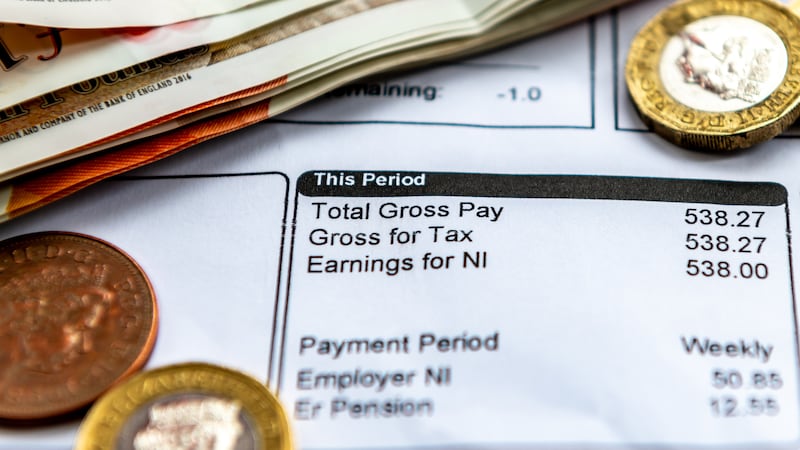A leading charity believes Stormont must follow Westminster’s lead by introducing radical procedural changes to help people with mounting debt problems.
Advice NI - which in the last five years has assisted 19,000 consumers deal in the north to deal with £205 million of debt - has told the economy committee that the north needs to review its Debt Relief Orders (DROs) legislation, which has lagged behind Britain, leaving the most vulnerable in society at a disadvantage.
In this year’s spring budget, Chancellor Jeremy Hunt announced changes to the DRO system, including the removal of the £90 administration fee.
He also increased the maximum debt threshold from £30,000 to £50,000 and the allowable value of retained motor vehicles from £2,000 to £4,000.
In Northern Ireland the DRO fee remains, while the single change in 14 years was increasing the car allowance from £1,000 to £2,000.
A DRO is a legally binding agreement between individuals and creditors, preventing further action to recover debts.
After one year, debts are written off and the application process is facilitated through approved intermediaries.
The current debt threshold for DROs in Northern Ireland is now less than half that in England and Wales at £20,000, and has not been increased since 2010.
Sinead Campbell, head of money debt and quality at Advice NI (www.adviceni.net), believes Northern Ireland is disproportionately at a disadvantage in comparison the rest of the UK with outdated debt relief measures.
She said: “While England and Wales are taking significant steps to support those grappling with debt, the absence of parallel measures in Northern Ireland is deeply troubling.
“We urge the Assembly to make the same legislative changes to bring Northern Ireland back in line with England and Wales to ensure that no further unnecessary hardship is caused to our citizens.
“Individuals with debt issues in Northern Ireland still face a £90 fee when applying for a DRO – which is a huge barrier for those on low income.
“Additionally in Northern Ireland the maximum debt value threshold for DRO applications is capped at £20,000 and has been since its introduction in 2010.

“In stark contrast, England and Wales have adapted to the ongoing cost of living crisis by increasing their thresholds to £30,000 during the pandemic and now to £50,000.
“Northern Ireland needs to mirror those progressive measures to provide a lifeline for those struggling with debt, offering them a chance at a fresh start amid these challenging economic times.”
Qualifying debts with a DRO include arrears with rent, utility bills, telephone bills, rates, income tax, outstanding borrowing on credit cards, loans and overdrafts, business debts, and money owed to friends and family.
There is no requirement to make payments towards most types of debts included in a DRO, and creditors cannot force individuals to settle debts. A typical DRO lasts for one year, and offers a pathway towards financial recovery.








